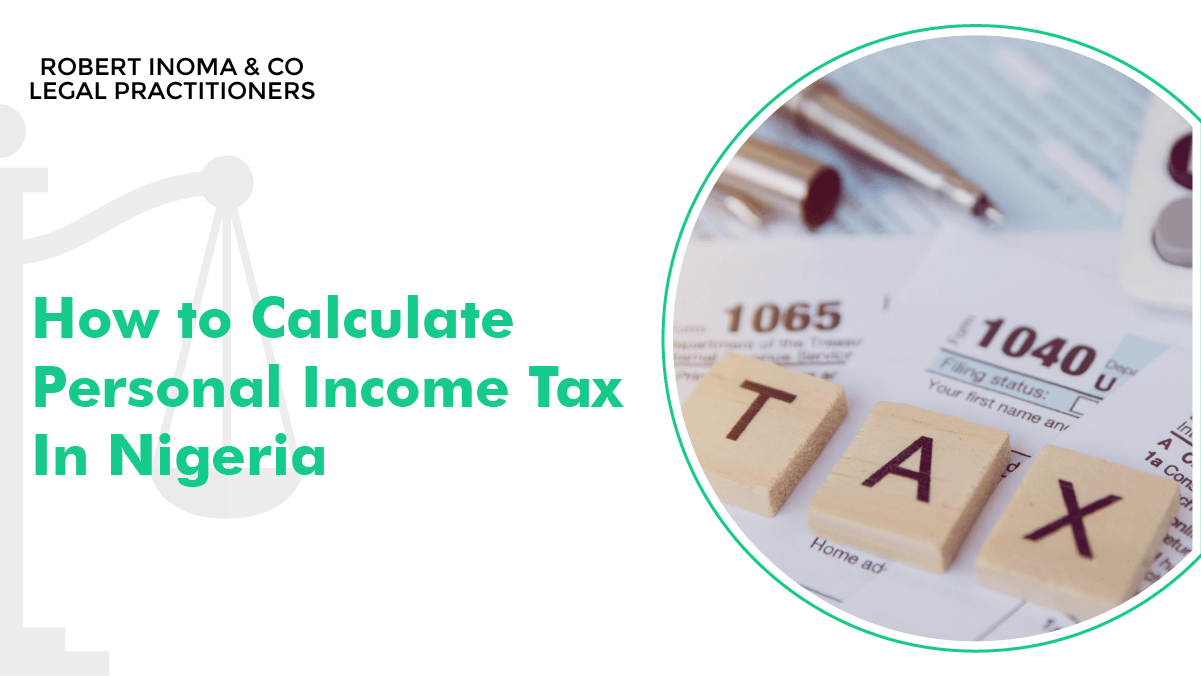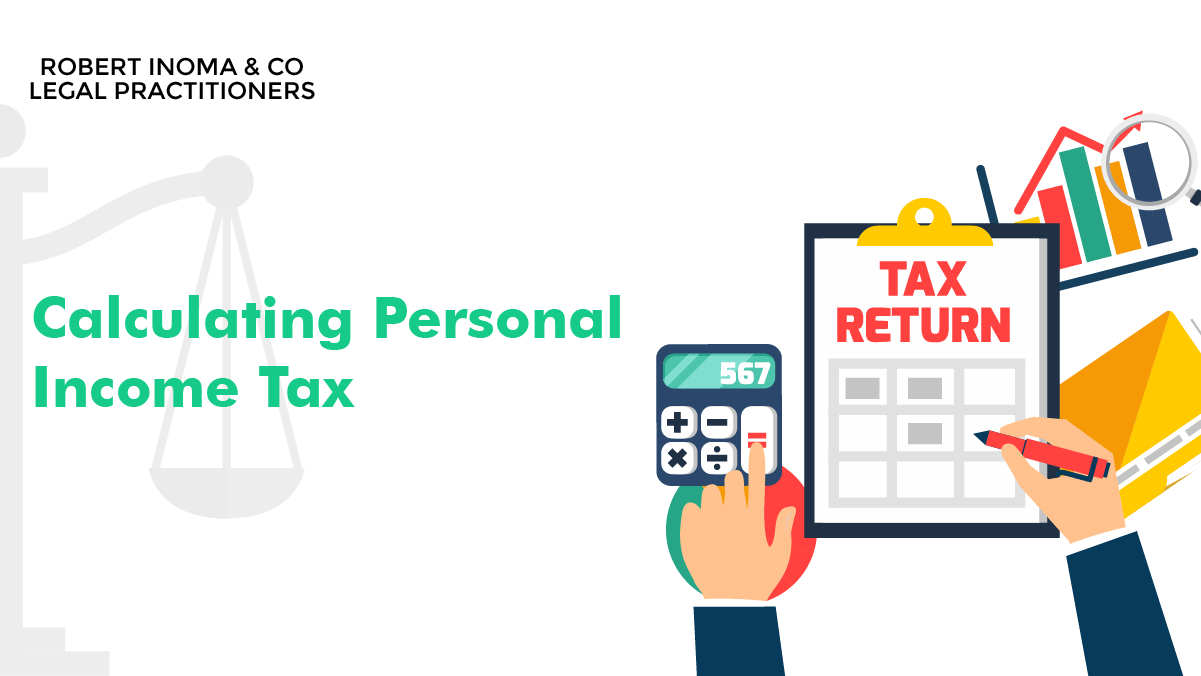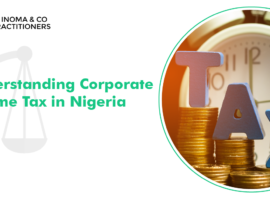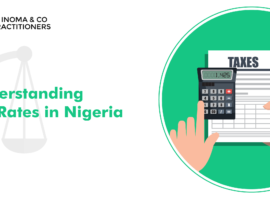Calculating Personal Income Tax
Personal Income Tax (PIT) is a tax imposed by the government on the incomes of all individuals in employment; whether a private organization, government organization, or small business. Personal Income Tax is guided by the Personal Income Tax Act Cap P8 LPN 2004 (as amended), in Nigeria.
Tax collection is a federal duty, however, the personal income tax is usually collected by the state government (States IRS) from residents in the states. In the Federal Capital Territory (FCT), The Federal Inland Revenue Service collects the taxes. The FIRS also collects the income tax of high mobile federal workers such as the staff of the Ministry of Foreign Affairs, foreigners earning income in Nigeria, Police officers, and Military staff.
Contents
Types of Personal Income Tax
In Nigeria, there are two types of personal income tax.
-
Pay-As-You-Earn (PAYE)
The first type of personal income tax is PAYE. It is a scheme whereby all personal income taxes are deducted from the salaries of the employees by the employer before salaries are disbursed. The employee then remits the taxes to the appropriate tax authorities when due. In Nigeria, the due date of PAYE remittance is on the 10th day of each succeeding month. All filing returns for PAYE must be done by or before the 31st of January of the succeeding year.
-
Direct Assessment
Another type of personal income tax in Nigeria is Direct Assessment. This scheme is applicable to all self-employed individuals in Nigeria. Such an individual is obligated to file a return of income earned in each preceding year and pay the required PIT to the tax authority without notice or demand. For all self-employed individuals, the filling returns and remittance must be done on the 31st of March every year.
According to Section 3 of the Personal Income Tax Act (2004), the chargeable income tax is “Gain or profit from trade of any trade, business, profession or vocation, for whatever period as long as trade, business, profession or vocation may have been carried on or exercised.
Any salary, wage, fee, allowance or other gain or profit from employment including compensations, bonuses, premiums, benefits or other perquisites allowed, given or granted by any person to any temporary or permanent employee other than so much of any sums as or expenses incurred by him in the performance of his duties, and from which it is not intended that the employee should make any profit or gain. Gain or profit including any premium arising from a right granted to any other person for the use or occupation of any property. Dividend, interest, or discount. Any pension, charge, or annuity. Any profit or other payment not falling within paragraphs (a) to (e) inclusive of this subsection.”
How to Calculate Personal Income Tax In Nigeria

The Personal Income Tax rate ranges from 7% to 24%, depending on the amount of chargeable income. It is calculated using the graduated tax table/scale. The maximum tax payable by an individual irrespective of his/her gross income is 19.2%.
In calculating your personal income tax, you must first calculate your gross annual income. Your gross annual income includes wages and salaries, bonuses, allowances, compensations, business income, percentage ownership, interest, and dividends. By adding these items, you will have your gross annual income. However, not all your income is taxable. To appropriately calculate your taxes, you need to know the tax relief allowances and exemptions on your income. Your tax reliefs include; Contribution to the National Health Insurance Scheme (5%), Contribution to the National Pension Fund (at least 8% of income), Contribution to the National Housing fund (2.5%), rent and business expenses, gratuities, life assurance payments, bad debt recovered, dividends and interests from quoted companies and consolidated relief allowance (1% of gross income or N200,000 or 1% of gross plus 20% of gross income).
In calculating your taxable income, you need to subtract the sum of all exemptions and tax relief allowances that apply to you, from your gross annual income. As earlier stated, in Nigeria, personal income tax varies from person to person depending on the annual income of less than N300,000, the minimum taxable rate is 1% of the gross income. In a case where an individual’s gross income is more than N300,000 these are the PIT tax rates. The first N300,000 of your annual income will be at a tax rate of 7%, while the next N300,000 will be taxed at 15%. The next N500,000 are at a tax rate of 19%and the next N1,600,000 is at a tax rate of 21%. Incomes above N3,200,000 are at a tax rate of 24%.
Penalties for Default on PIT
According to the Personal Income Tax Act, an employer is obligated to file returns of all taxes deducted from each employee in the preceding year, on or before the 31st of January, every year. Anyone who fails to file a return will be liable by law, to pay a fine of N5,000 and a sum of N100 for each day of failure, or face six (6) month imprisonment, or both. An employee who fails to file a return shall also be liable to pay a penalty fee of N500,000 for a corporate body and N50,000 for individuals.
Tax payment is a civic responsibility and default is punishable by law.
Conclusion
Either as an employee in a corporate organization or as a self-employed individual, every salary earner is mandated to pay personal income tax. Employees pay PAYE (Pay As You Earn), while self-employed individuals pay Direct Assessment. On or before the due date given to all salary earners, the personal income tax must be filled at the tax authorities to avoid infringement that is punishable by law. In calculating your PIT, you must first add all your income, then subtract all exemptions and tax reliefs. Annual income less than N300,000 is at the minimum taxable rate of 1% while other personal income tax rates vary from 7% to 24%.
If you’re having issues in paying or calculating your taxes either as an individual or corporate organization, you can contact us. Robert Inoma & Co is a leading law firm in Nigeria. We have lawyers with decades of experience in taxation, corporate law, consultancy, and intellectual property rights. Contact us today.




